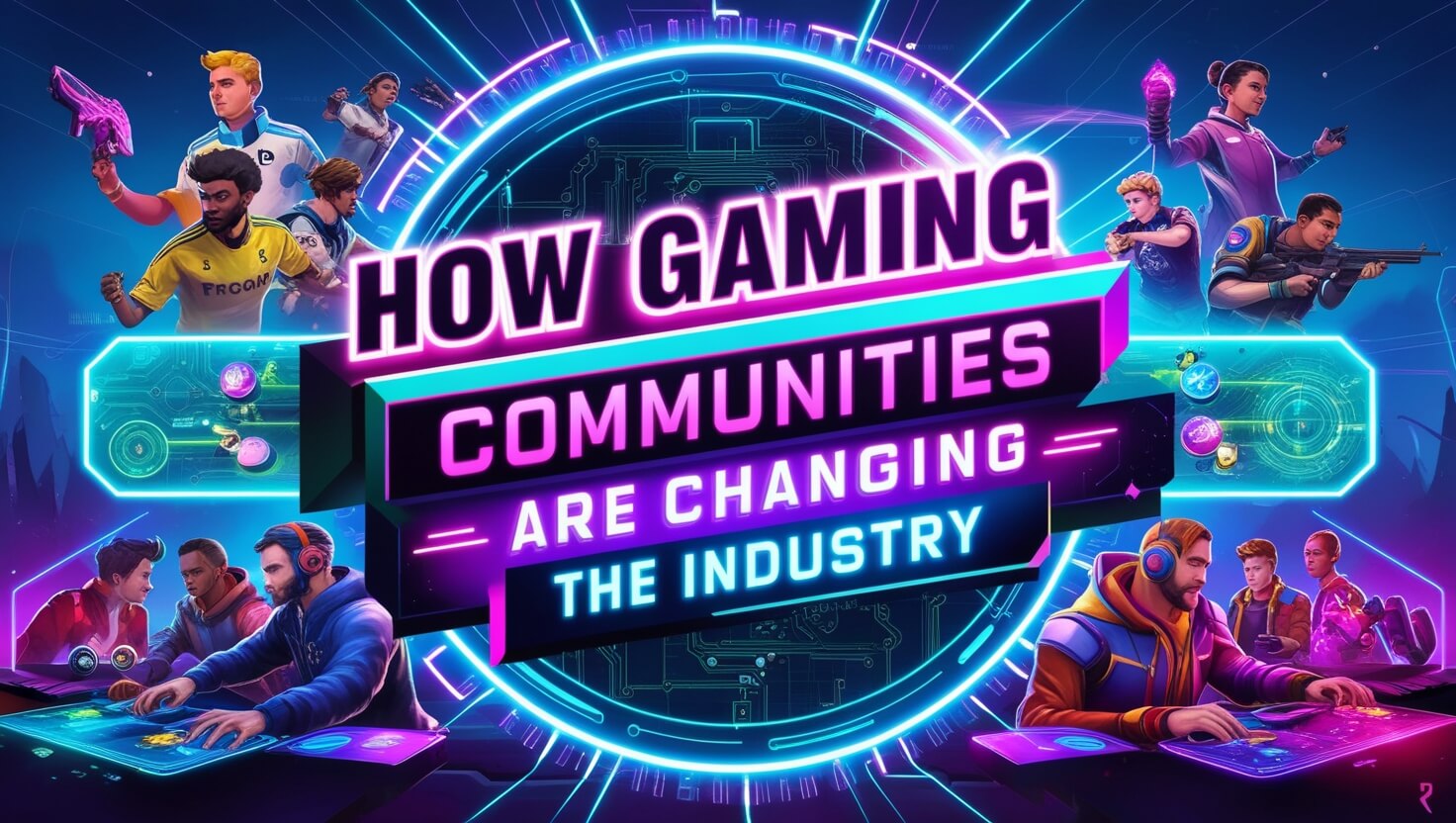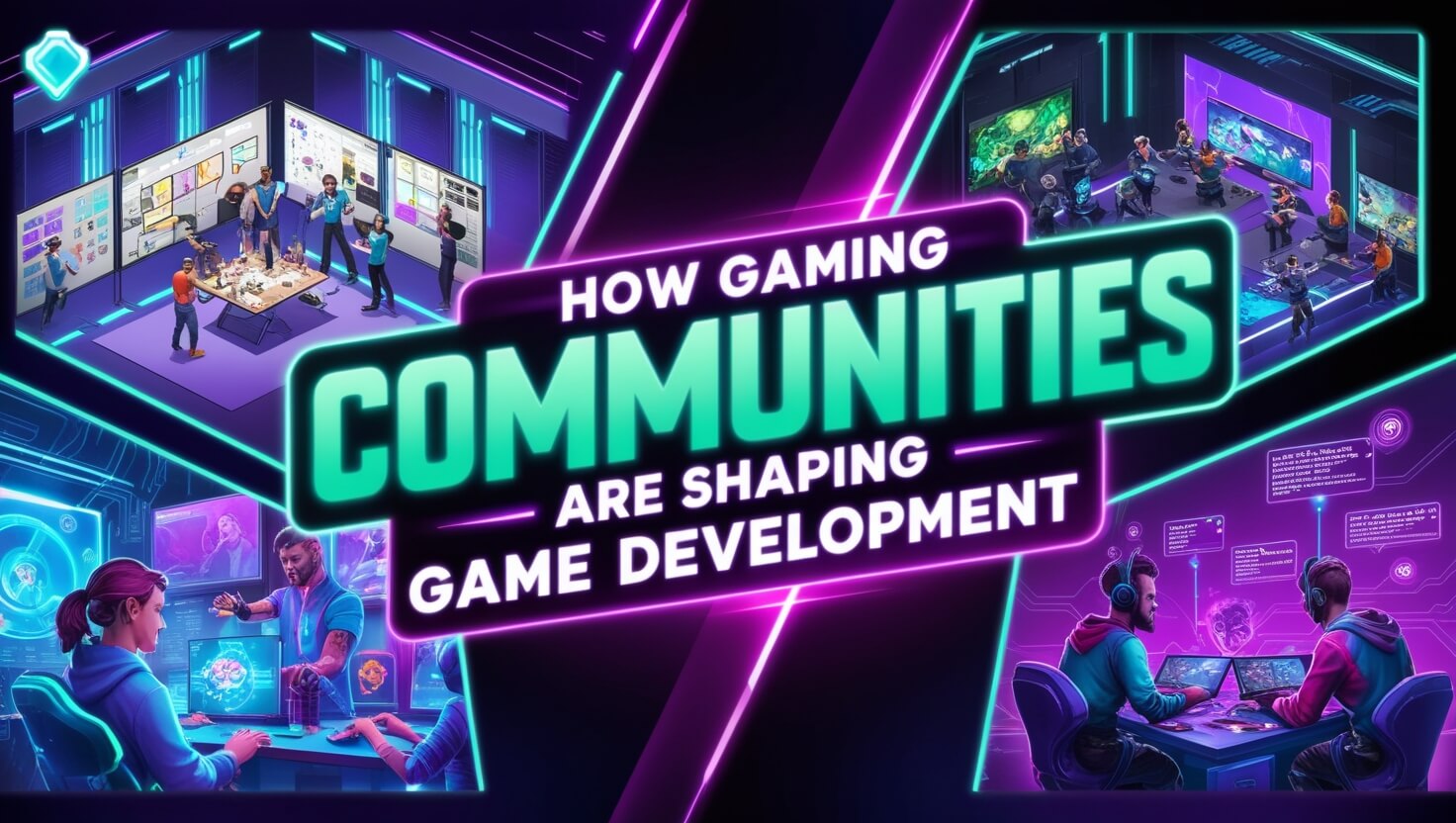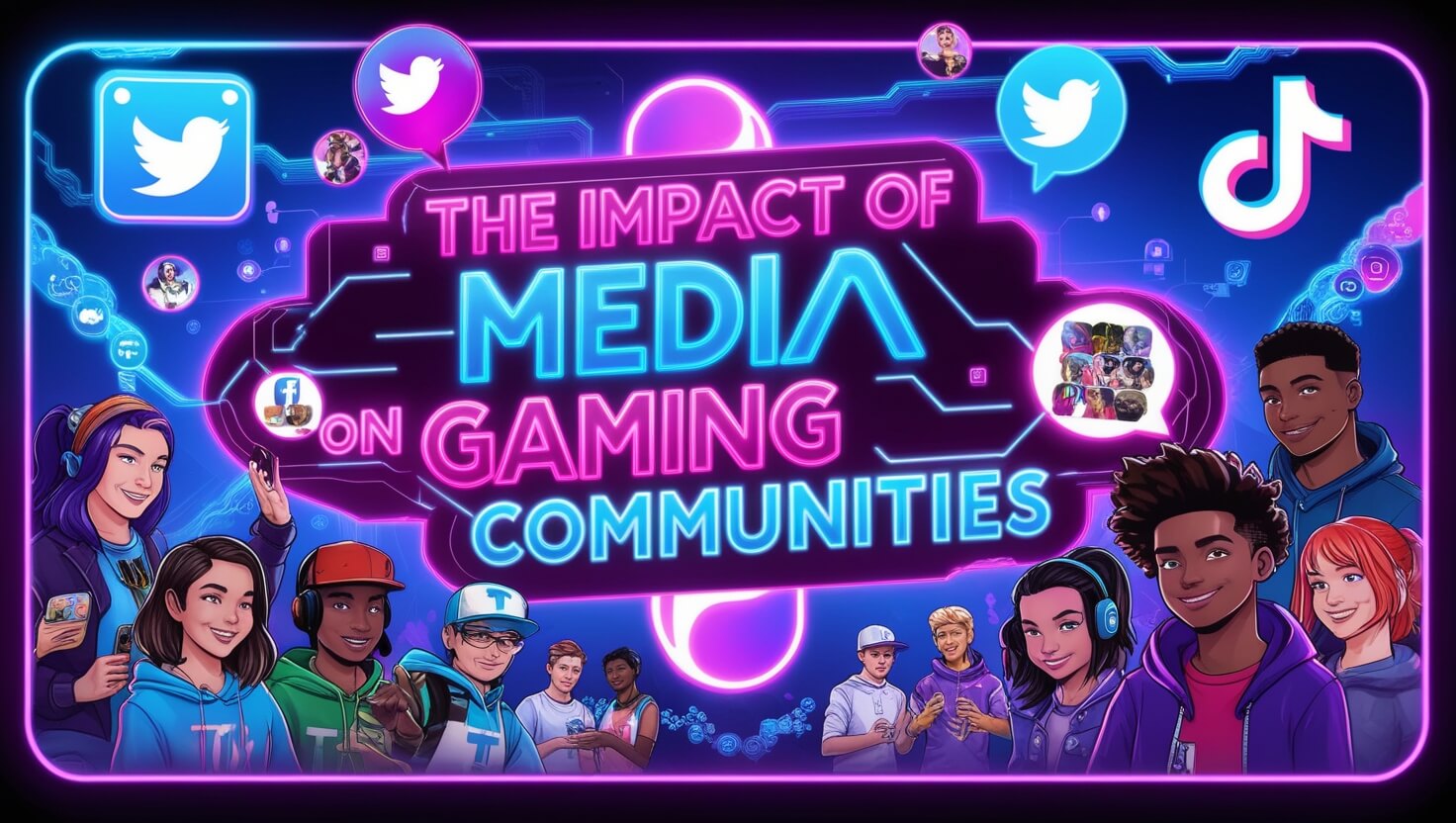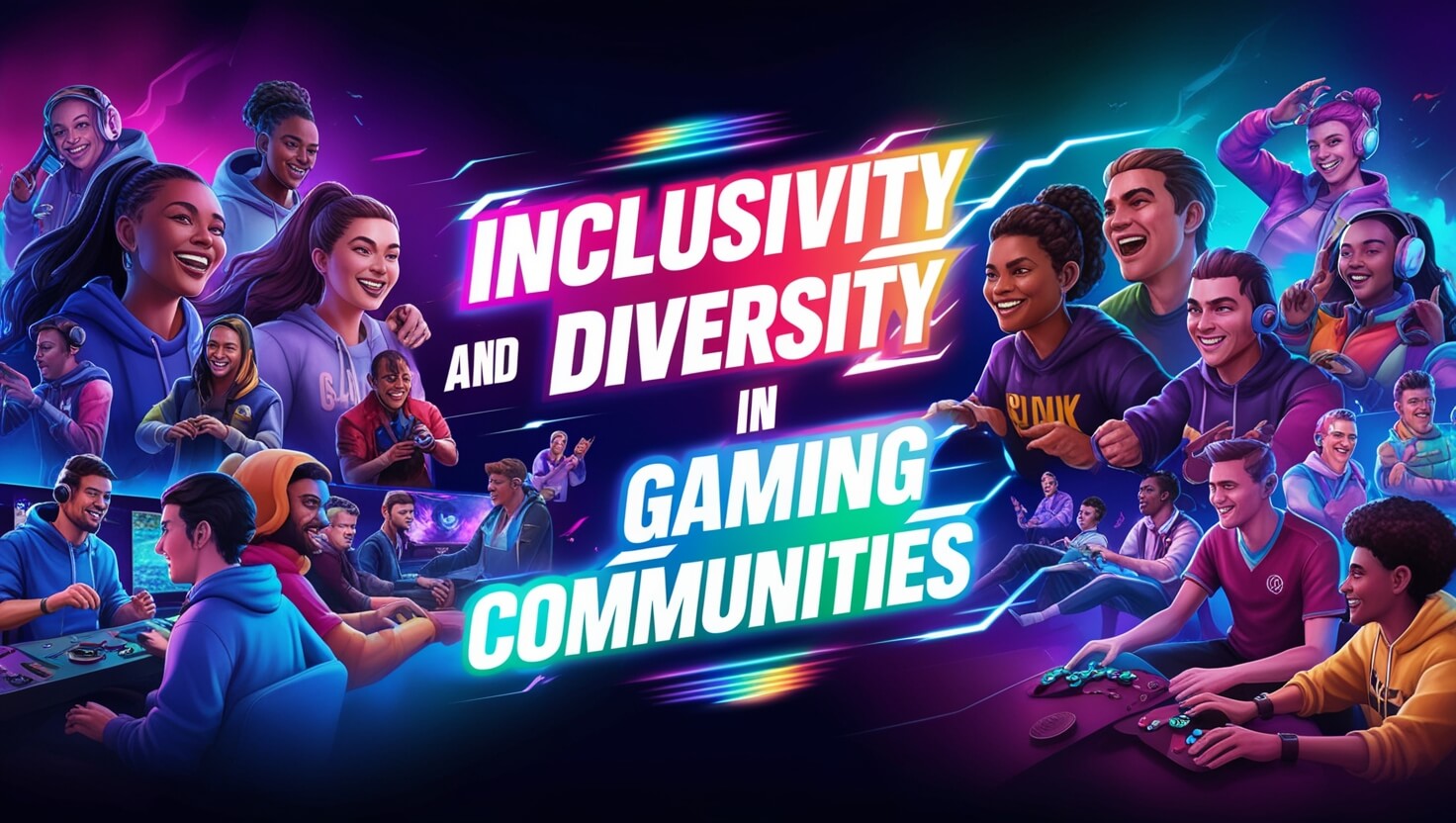
How Gaming Communities Are Changing the Industry
In recent years, gaming has transformed from a solitary endeavor into a vibrant tapestry of communities. Think about it: when was the last time you played a game without hearing a friend or seeing strangers discuss it online? The rise of gaming communities not only enhances the gaming experience but also profoundly influences the industry itself. From fostering collaboration among players to guiding developers in creating groundbreaking content, community has become the heartbeat of gaming culture today.

What Defines a Gaming Community?
Types of Gaming Communities
When we talk about gaming communities, we’re looking at a spectrum that spans both online and offline spaces.
- Online Communities: These are primarily found on social media, forums, and gaming platforms where players connect, share, and discuss their experiences. Reddit, Discord, and Twitch are prime examples where gamers converge.
- Offline Communities: Think local gaming clubs, tournaments, and LAN parties. These gatherings create personal connections, fostering friendships that transcend the digital realm.
Key Characteristics of Gaming Communities
So, what actually makes up a gaming community? Interaction is key. Elements like forums for discussion, shared memes, or even collaborative gameplay define these groups. They thrive on passion, engagement, and a sense of belonging among gamers.

How Gaming Communities are Shaping Game Development
Direct Feedback to Developers
One of the most significant changes brought by gaming communities is the direct line of communication between players and developers. Gone are the days when player feedback would take eons to reach the production teams. Now, feedback is instant—thanks to social messaging and community forums. Developers often implement community suggestions directly into patches or future titles.
Crowdfunding and Community-Driven Projects
Crowdfunding platforms like Kickstarter have opened a floodgate of possibilities for indie developers. Games like "Shovel Knight" and "Undertale" were birthed through community support. Players not only invest their money but also their passion, shaping development every step of the way.
Community Influence on Game Culture
Memes and Inside Jokes
Ever seen a gamer chuckle over some meme related to a game? That’s the power of community culture! Memes not only entertain but can also drive engagement. They allow gamers to feel part of an in-the-know group, strengthening bonds among members.
The Role of Streamers and Content Creators
Streamers and content creators have become amplifiers for gaming communities. Their influence can make or break a game’s success. With millions of followers, they create trends, showcase gameplay, and bring budding communities together, showing that gaming is about more than just playing—it’s about belonging.

The Impact of Social Media on Gaming Communities
Platforms Enhancing Community Interaction
Social media is the glue that holds many gaming communities together. Platforms like Twitter and Instagram help fans share experiences and news in real time. E3, Gamescom, or even smaller conventions are often live-tweeted, making gamers feel involved even from afar.
Case Studies of Successful Gaming Communities
Take "Among Us," for instance. It became a phenomenon, driven largely by communities on Twitch and YouTube. As gaming communities rallied around the game, they helped cultivate an environment where it thrived, illustrating how communal support can propel a game to iconic status.
Esports and Competitive Gaming Communities
The Rise of Esports
Esports has become a juggernaut, with gaming communities rallying behind their favorite teams. Competitive gaming isn't just about players; it’s about the rabid fanbase that supports them. Communities often organize watch parties, boosting engagement and creating communal excitement.
Community Support for Competitive Players
Gamers are no longer just a passive audience; they actively participate. They follow, support, and contribute to the success of players, creating a rich ecosystem of fandom that impacts the entire industry.

Inclusivity and Diversity in Gaming Communities
The Push for Representation
The collective voice of gaming communities is urging for representation and inclusivity. Communities are becoming more aware of diversity issues, and with that comes change. More developers are focusing on creating inclusive games that reflect their diverse audiences.
How Communities Foster Inclusivity
Community-led initiatives and discussions emphasize inclusivity, from gender representation in games to accessibility features. This kind of dialogue is vital; it pushes the industry to evolve with the needs of its audience.
Challenges Faced by Gaming Communities
Toxicity and Harassment Issues
While many gaming communities are pillars of support, they also face serious challenges. Toxicity and harassment can rear their ugly heads, driving away potential members. How do we combat this? Through community moderation and fostering positive behavior, it’s essential for sustaining a healthy environment.
Balancing Growth and Community Values
As communities grow, there’s often a struggle between maintaining core values and embracing a broader audience. The challenge is making sure that growth doesn’t lead to a loss of identity, ensuring that every gamer feels valued.
Conclusion
Gaming communities have changed the game—quite literally! They shape culture, development, and the industry in remarkable ways. As we progress further into this digital age, we can look forward to even more connections and innovations that spin from this community-centric ethos.
 Home
Home
 Blogs
Blogs
 About US
About US
 Contact US
Contact US
 Privacy Policy
Privacy Policy
 DMCA Policy
DMCA Policy